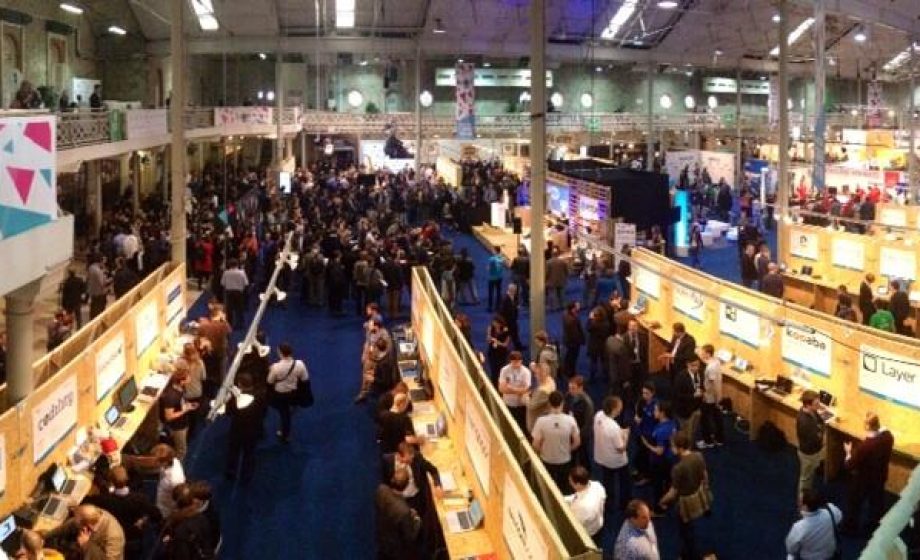
The following is a guest post from Mike Sottak, President of Wire Island International. You can follow him on Twitter at @WiredIslandPR
Setting the tone early, Index Ventures partner Saul Klein kicked off the fourth annual Dublin Web Summit, speaking to a standing room only crowd on the economics of risk. Klein, who knows a bit about the topic having been a long time investor as well as starting entrepreneurial initiatives The Accelerator Group (TAG), Seedcamp and OpenCoffee Club, put the start-up spirit that pervades the Summit (as it is now known) into perspective with some eye opening statistics on risk and capital investment.
Klein highlighted the massive gap in risk tolerance that exists in business today, comparing the 2% threshold acceptable to most corporate banking institutions to the 62% failure rate of European VC investments. Thus, his trademark hashtag #risk62.
“Shouldn’t we be prepared to take more radical risks? We need better paradigms for risk,” he said “We’ve got to close the gap between the 2% of corporate finance and the 62% that we accept in in VCs. Innovation creates value. That has been proven for more than 60 years going back to the early days of Silicon Valley.”
He pointed out that while “radical innovation” has 80-90% chance of failure, this category of start-up has tremendous potential for value if successful. One of the major challenges is just getting started: Pointing to the relatively small number of innovative ideas that actually get off the ground – for every 10,000 new business ideas only 1,000 companies get started and only 100 get funded by VCs – Klein congratulated the Summit attendees for being among the world’s elite entrepreneurs.
Klein was bullish on the start-up and entrepreneurial spirit in Europe, citing the broad range of start-ups coming to the fore throughout the region.
“We are starting to understand the economics of risk and the logic of venture economics better.”
He also praised innovative funding concepts such as Kickstarter Angel List and Kiva as means to aggregate risk
Looking at macro economic issues, Klein urged established, and traditionally conservative, entities to be “more adventurous” on how we allocate available cash. “How can we expect individuals to take risk when big governments and corporation won’t?”
Klein pointed out the in Europe “we have nothing to lose, in terms of taking risk,” particularly given the high unemployment rates for the under-25 segment of European populations. He warned that Europe is in danger of sliding behind other geographies as Internet use pervades the far corners of the world
As with most things, a fundamental challenge comes down to education. “We are spending $4 trillion in education in the world, but we are not educated on risk. Where are the moonshots? We aren’t creating the value”
Klein closed his talk with some advice for aspiring entrepreneurs. In simple terms he encouraged them to: Learn to work on the networks; seek out and explore, and learn by doing.
“There are no short cuts. And you have to take risks – risks with your time, your money and your emotions. But aim higher than the target and the rewards can be incredible.”

